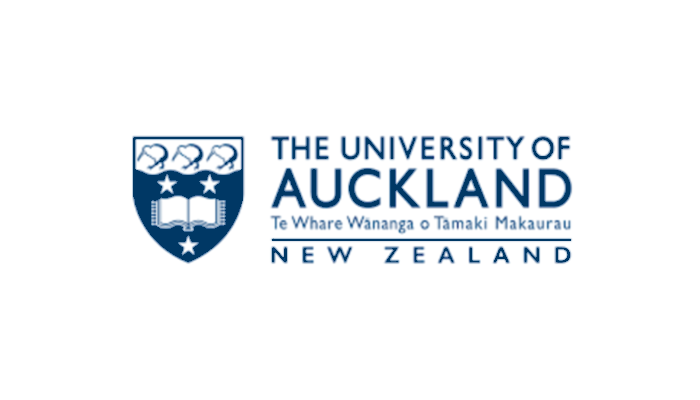The University of Auckland
The University of Auckland is a public research university based in Auckland, New Zealand. It is the largest, most comprehensive and highest-ranked university in New Zealand and consistently places among the Top 100 universities in the world by QS World Rankings. The institution was established in 1883 as a constituent college of the University of New Zealand. Originally it was housed in a disused courthouse. Today, the University of Auckland is New Zealand’s largest university by enrolment, hosting about 40,000 students on five Auckland campuses. The City Campus, in central Auckland, has the bulk of the students and faculties. There are eight faculties, including a law school, as well as three research institutes associated with the university.
Summary
The University of Auckland began as a constituent college of the University of New Zealand, founded on 23 May 1883 as Auckland University College. Stewardship of the University during its establishment period was the responsibility of John Chapman Andrew (Vice Chancellor of the University of New Zealand 1885–1903). Housed in a disused courthouse and jail, it started out with 95 students and 4 teaching staff: Frederick Douglas Brown, professor of chemistry (London and Oxford); Algernon Phillips Withiel Thomas, professor of natural sciences (Oxford); Thomas George Tucker, professor of classics (Cambridge); and William Steadman Aldis, professor of mathematics (Cambridge). By 1901, student numbers had risen to 156; the majority of these students were training towards being law clerks or teachers and were enrolled part-time. From 1905 onwards, an increasing number of students enrolled in commerce studies.
The University conducted little research until the 1930s, when there was a spike in interest in academic research during the Depression. At this point, the college's executive council issued several resolutions in favour of academic freedom after the controversial dismissal of John Beaglehole (allegedly for a letter to a newspaper where he publicly defended the right of communists to distribute their literature), which helped encourage the college's growth.
CLICK HERE to view Pathway Programs.
CLICK HERE to view Undergraduate Courses.
CLICK HERE to view Graduate courses.

